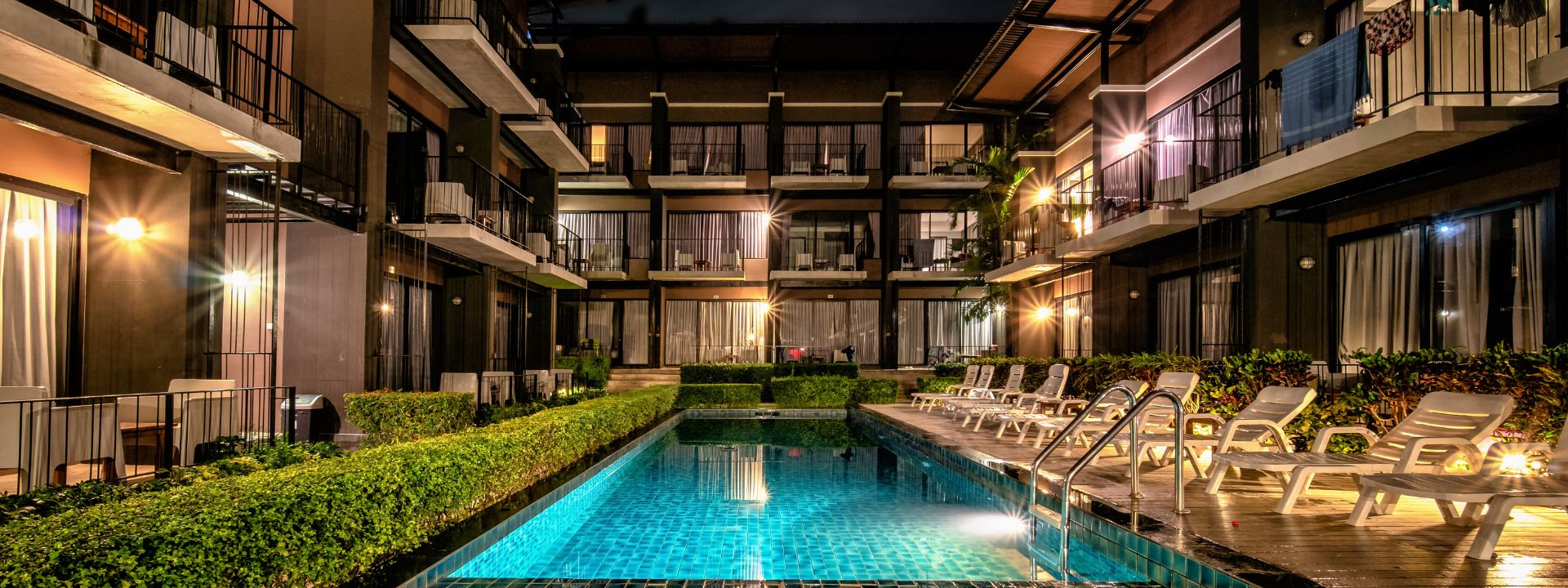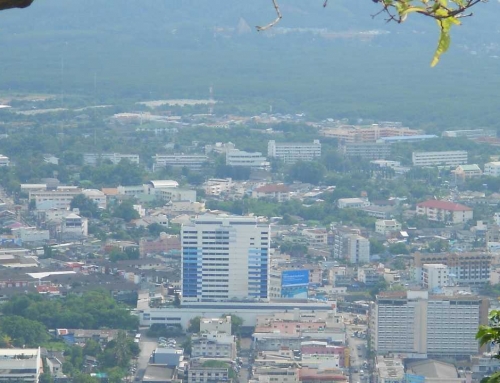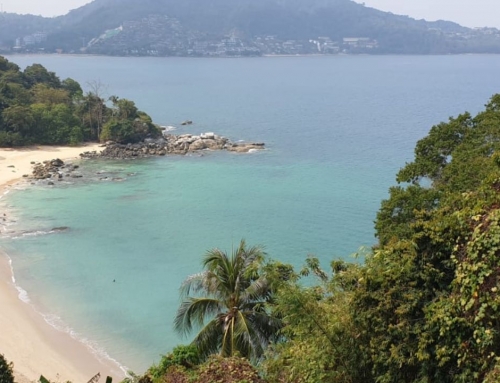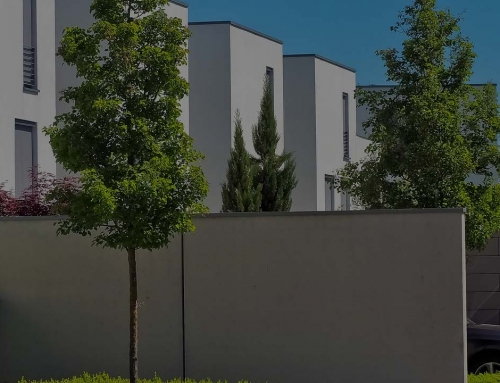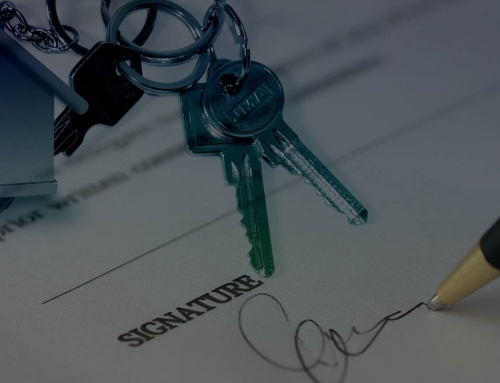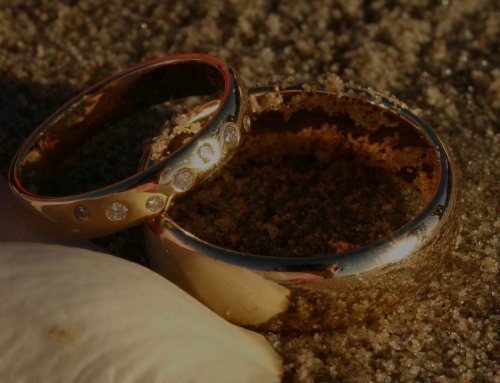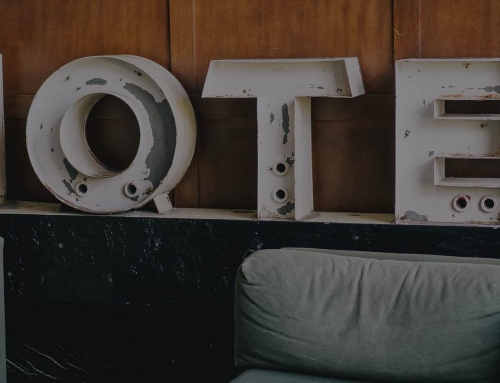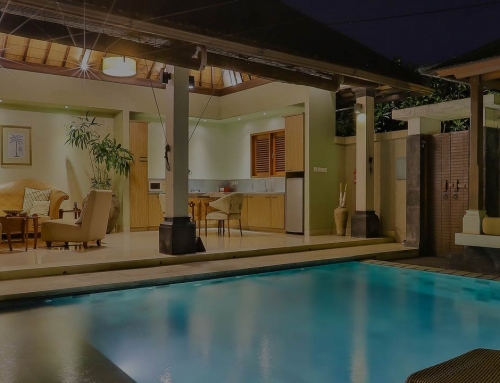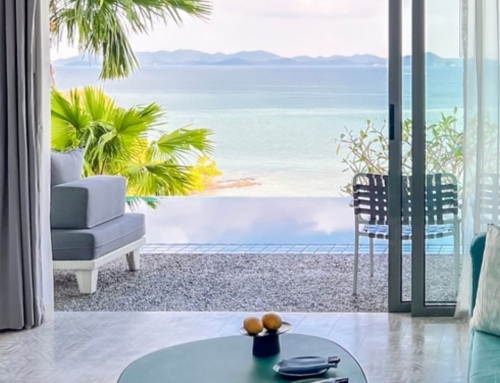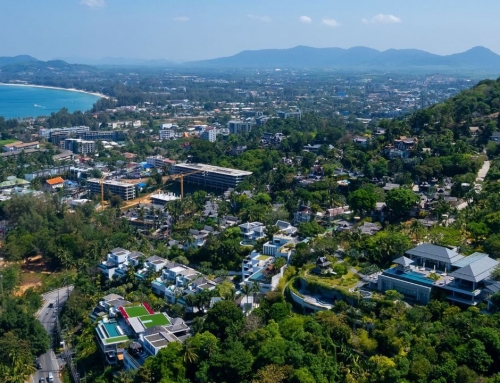By Phuket News Property · November 26, 2025
Buying a condominium in Phuket remains one of the most accessible forms of property ownership available to foreign nationals. Understanding ownership rules, location differences, building standards and ongoing costs can help buyers make informed decisions in a market that continues to evolve.
Understanding how foreign ownership works
Foreign nationals are allowed to hold freehold title to condominium units in Thailand under the provisions of the Thailand Condominium Act. This is possible when the project has available foreign quota. The quota is capped at forty nine percent of the building’s saleable area, meaning demand for foreign freehold units can be strong in high interest locations.
Buyers must transfer funds from overseas in foreign currency, and the receiving bank will issue a Foreign Exchange Transaction form. This document is required at the land office during registration of ownership. For developments without available quota, some buyers consider long term leasehold arrangements. These are contractual rights rather than ownership of the unit itself and should be reviewed carefully to understand what is and is not included.
The importance of choosing the right location
Phuket offers a wide range of living environments, and selecting the right location is an important part of the process. West coast areas such as Bang Tao, Surin, Cherng Talay and Kamala are known for established amenities, dining, fitness and beach access. These zones attract both long stay residents and visitors who prefer lifestyle focused neighbourhoods.
The south of the island offers a different pace of living. Nai Harn and Rawai remain popular with long stay communities, retirees and families seeking quieter surroundings. Kata and Karon continue to evolve as tourism stabilises, and smaller scale residential developments are reappearing in these areas. Each neighbourhood offers different advantages, and buyers often choose based on daily routines, commuting needs or proximity to beaches and essential services.
Understanding developer reputation and building standards
Reviewing the background of the developer is an important part of assessing any condominium project. Established developers with a track record of completed buildings may offer greater visibility into long term quality and management practices. Buyers should verify that projects have obtained the required Environmental Impact Assessment approvals and building permits.
Construction quality can vary across developments. Materials, workmanship, unit layouts and ventilation all influence long term comfort and maintenance requirements. Development scale also affects how the building performs over time. Larger projects may provide a wider range of facilities, while smaller ones may offer a quieter environment with lower unit density.
Reviewing building management and juristic structures
Day to day building management plays a significant role in how a condominium performs over time. The Condominiums Juristic Person is responsible for common area upkeep, budgeting and record keeping. Reviewing meeting minutes, audited accounts and sinking fund status can provide insight into the financial health of the building.
Well managed buildings usually maintain strong reserves and clear planning for long term repairs. Maintenance fees and sinking fund contributions vary depending on project size and facility scope. Prospective buyers often request details of these fees to understand ongoing obligations and how they compare across developments.
Understanding realistic costs and fees
Several transactional and ongoing costs apply when purchasing and owning a condominium in Phuket. These include transfer fees, which are typically shared between buyer and seller depending on negotiation, and any applicable taxes. Electricity and water rates can differ between residential and commercial supplies, and these should be confirmed before purchase.
Maintenance fees are charged based on unit size and are used to fund the upkeep of communal areas and facilities. A one time sinking fund contribution is usually required at the start of ownership to support long term building maintenance. Furnishing costs and optional rental management fees may also form part of the overall budget for some buyers.
Due diligence and legal review
Independent legal review is recommended for any property transaction. This includes confirming the title deed status, ensuring the project has the necessary permissions and checking that the seller has full authority to transfer the unit. Contracts should be reviewed to understand payment schedules, handover conditions and any clauses that affect ownership rights.
Due diligence also involves examining the status of common areas, management structures and shared facilities. Clarity on these points can help buyers avoid misunderstandings and ensure that expectations align with the realities of the development.
Market context and timing considerations
Phuket’s condominium market has evolved over the past several years. Demand from regional buyers, long stay visitors and remote workers continues to shape market conditions. Completed foreign freehold units often attract strong interest due to limited supply, and some locations have seen notable price adjustments as land and construction costs rise.
Buyers often consider whether to purchase a resale unit or an off plan option. Resale units provide immediate visibility into building conditions, while off plan projects may offer newer designs and facilities. Broader factors such as tourism performance, infrastructure upgrades and long stay population trends also influence how buyers approach the timing of their purchase decisions.

